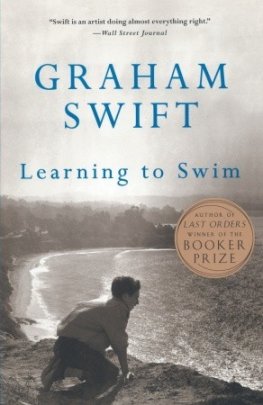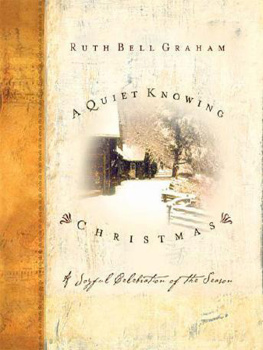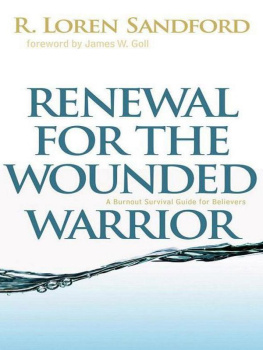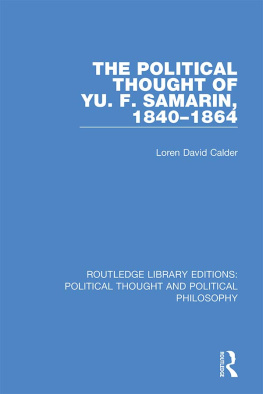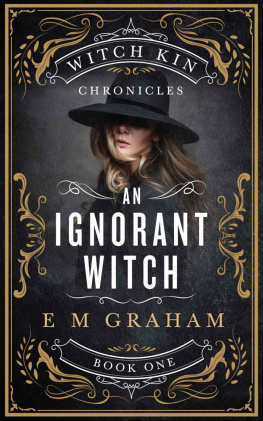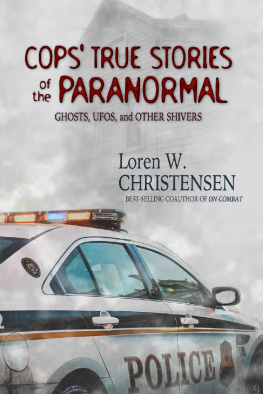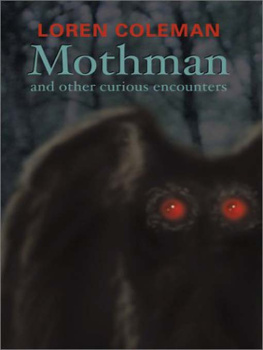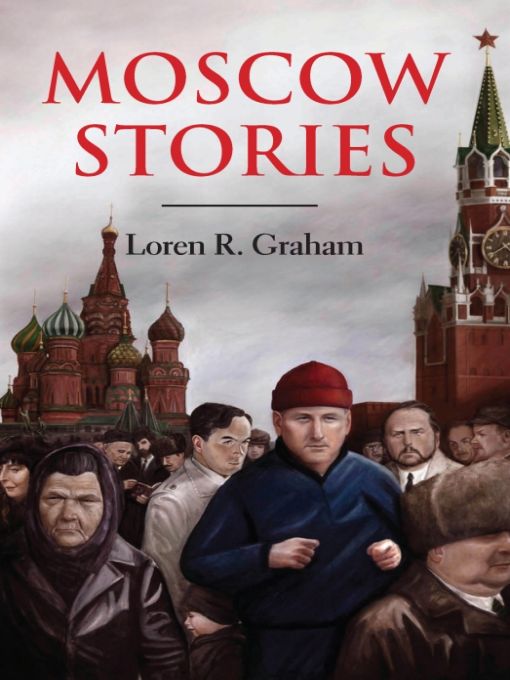
Table of Contents
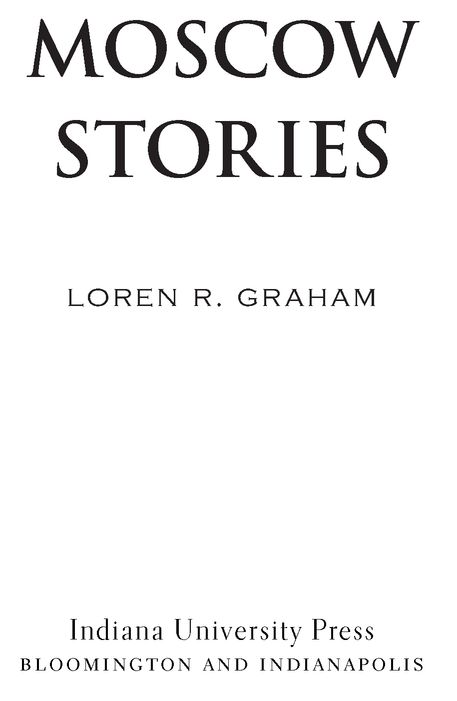
To my friends in Russia,
who have taught me so much
PREFACE
TODAY IT IS HARD TO REMEMBER how remote, mysterious and threatening the Soviet Union was for people in the West fifty years ago. It had been described as a riddle wrapped in an enigma, and few Americans, mostly diplomats and a few businessmen with the right connections (Armand Hammer comes to mind), were given visas and permitted to see a very small part of a vast empire, mainly Moscow and its environs. Visitors from the West met only a narrow selection of Russians, ones officially regarded as immunized against capitalist seduction.
But a small number of foreign students was also allowed in, at first largely those from countries friendly to the Soviet Union and considered susceptible to Communist ideology. By 1959, when I applied to go there as a student, the foreign student population was growing slowly but only one small group of Americans had been permitted the previous year to enroll in Moscow and Leningrad universities. Among them was almost none with my declared interest, Soviet science, a highly sensitive subject area for a secretive regime that considered America the Main Enemy. So I knew that I would be regarded with suspicion, at best, which made me, initially, extremely guarded. Yet I quickly became entranced by a country in which life was almost as difficult for a grudgingly tolerated outsider as it was for ordinary Soviet citizens. I returned to Russia again and again, making at least one, but often three or four, trips there every year. The Soviet Union has vanished, replaced by Russia (and a nominal commonwealth of contiguous independent countries), but its past is as alive for me as its uncertain present.
I believe that this book is one of the few personal and informal accounts of experiences in Russia written by an American academic specialist in Russian affairs, certainly the only one covering such a long span of years. And the adventure goes on, since I have more trips to Russia planned for 2006.
None of the episodes in this book has been published previously, and the book includes information about significant moments in the history of Russia and the United States during my years of research in the former Soviet Union. They range from the election of John F. Kennedy as president in November 1960, the years of rule of Nikita Khrushchev and Leonid Brezhnev, the accession to power of Mikhail Gorbachev in 1985, the collapse of the Soviet Union in December 1991, and the social and terrorist turmoil in Russia in the early years of the twenty-first century. During these years I talked with hundreds of Russians, including a personal exchange with the most infamous scientist of the twentieth century, Trofim Lysenko, who suppressed research in genetics in the Soviet Union and was responsible for the imprisonment or deaths of hundreds of scientists. The book also reveals information from numerous discussions with Mikhail Gorbachevs main advisor, the architect of perestroika, a man I have known for forty-seven years. All names given in this book are the actual names of the people involved, with one exception: one minor figure still alive to whom I have given a pseudonym in order to protect personal privacy.
But this book is not only about Russia; it also about personalities and events in America over the last fifty years. The book opens and closes with the stories of two American communists who were friends of mine, and their views about the Soviet Union, and it also includes a discussion of an expatriate American community in Moscow at the height of the Cold War, many of them sympathetic to the USSR, including the American founder of the Soviet microelectronics industry. Another section scrutinizes the philanthropic activities of the Hungarian-American financier George Soros, with whom I traveled in Russia several times. Yet another analyzes the field of Russian Studies in the United States, showing how it was affected by the Cold War. The impact on my profession had direct personal consequences for me; as a frequent guest of the Soviet Union I had to avoid becoming a pawn of intelligence agencies, both those of the USSR and the United States. I once had to jump out of a window in Moscow to escape the KGB, and also rebuffed the FBI in my office in Princeton when they attempted to involve me in intelligence operations.
Anthropologists speak of the potential conflict between being participant and observer. I was both. During my years in Russia I was forced to confront a range of pressing ethical questions, such as the possibility (and desirability) for scientists to maintain political neutrality; the difficulties involved in comparing our own society to the other; the tension between independence of thought and the demands of loyalty; the detachment of the anthropologists gazeto name but a few. I have wrestled with these questions for many years, and I have tried to record here the ways in which I dealt with them. I am very aware that other people would, and did, handle some of these issues differently.
Loren Graham
St. Petersburg, Russia
November 2005
PART I
LEARNING TO LEARN ABOUT RUSSIA AND COMMUNISM
CHAPTER ONE
THE COMMUNISM PROBLEM IN FARMERSBURG
THE HELSINKI-MOSCOW TRAIN DISAPPEARED in the distance, leaving me stranded alone in the forests astraddle the Finnish-Soviet border. I had been ejected from the train, along with the enormous amount of luggage that was supposed to sustain me for a year in the Soviet Union. In the fall of 1960 I hoped to be one of the first American students at Moscow University, a beneficiary of the newly established U.S.-USSR exchange agreement. When the Soviet border guardthe first Soviet official I had ever seen in my lifeexamined my entry documents and passport, which I had been assured by the American exchange officials were all in order, he simply, without a word, gestured with his thumb in an unmistakable way indicating that I had to get off the train. I barely managed to unload my luggage before the train started up and headed toward Moscow, without me. I stood beside the track and looked in both directions. No building or person was in sight, only green pines interspersed with some other trees displaying splotches of colored autumn leaves.
I did not know whether I was in Finland or the Soviet Union. I feared I was already on Soviet territory, since the man who expelled me from the train was a Soviet border guard. I decided to walk back the way the train had come, hoping that I was headed in the direction of Finlandif I wasnt already there. But walking was a challenge; each of my three large suitcases was so heavy that I could carry only one at a time. Furthermore, the sleeves of my heavily insulated Abercrombie & Fitch duck hunters coat, recently purchased in New York City, were crammed with additional items that would not fit in the suitcases vitamin pills, dried food, coffee, a pair of heavy shoes, and a few novels. I could not wear it, so it amounted to a fourth piece of luggage. I took each piece separately down the track until I reached the furthest point at which I could see both piles of my belongings at the same time, and then returned to the original pile for another trip.
Working in relays for more than half an hour, I finally came to a small hut beside the tracks. Going up to the door, I knocked, and when a face appeared in the crack, I spoke in my newly acquired Russian. The door was immediately slammed in my face, and I got no response to my hammering on the door. Finally, I cried out in English, I am an American student who got kicked off the Russian train. I need help. The door immediately opened, and the man said, Why didnt you say you were an American? I thought you were someone trying to escape from the Soviet Union, and that only brings me trouble. He turned out to be a Finnish border official, and he invited me in, gave me some tea, and asked what the problem was. I explained what had happened, and he asked to see my documents. He immediately informed me that my entry visa was valid only for the Moscow airport. Dont you know that each Soviet entry visa is good for only one point of entry? You must wait here for the next train going back to Helsinki, and arrange there for a flight into Moscow. With these documents they will admit you.
Next page




